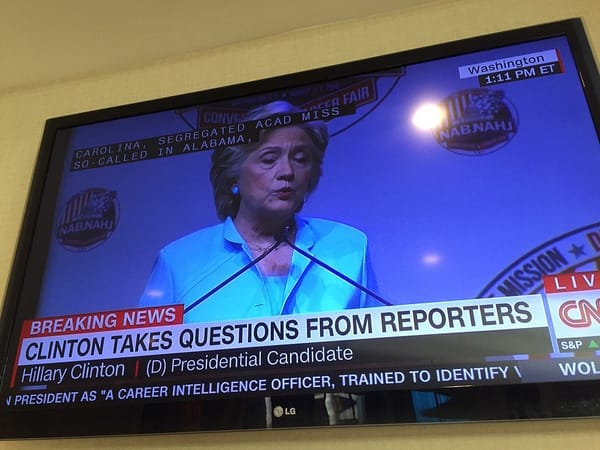Democracy alone is tyranny

If asked, most Americans will say that the best system of governance is "democracy," or a "democratic republic." Asked why, most will say something to the effect of, "because it is the most fair" or "it gives people a say."
Now suppose you ask, "What makes America great?" The average citizen may reply, "Liberty and justice for all", or maybe, "civil rights and opportunity."

